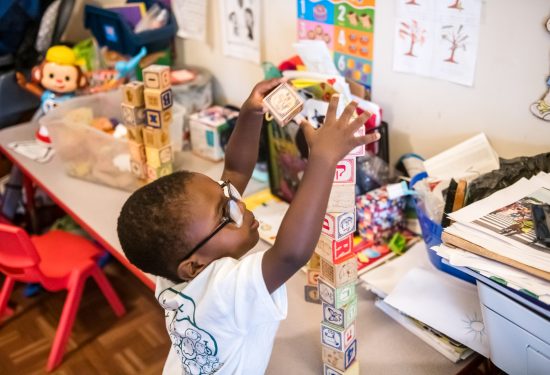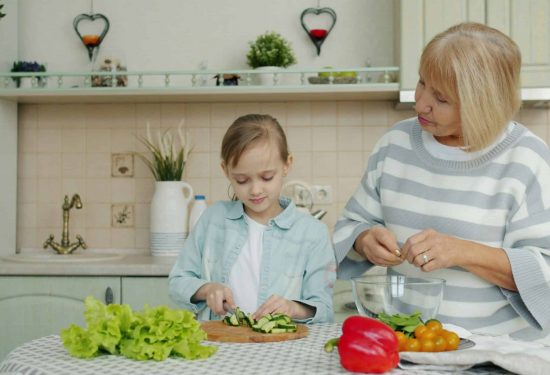COVID-19 Impact
A report by the Institute for Child Success on the initial economic impact of COVID-19 on South Carolina’s child care sector found that nearly half (48%) of centers are closed across the state. The same study also found that one-third of centers cannot financially weather a closure of any length of time and another third cannot quantify how long they would be able to handle a closure.
Emergency Fund
Greenville First Steps launched an emergency fund to support home-based child care providers in South Carolina. The fund provides one-time grants of up to $1,900 to 150 providers in rural and urban areas. The funding covers approximately two weeks of expenses and can be used to pay for necessities like rent, electricity, and food.




